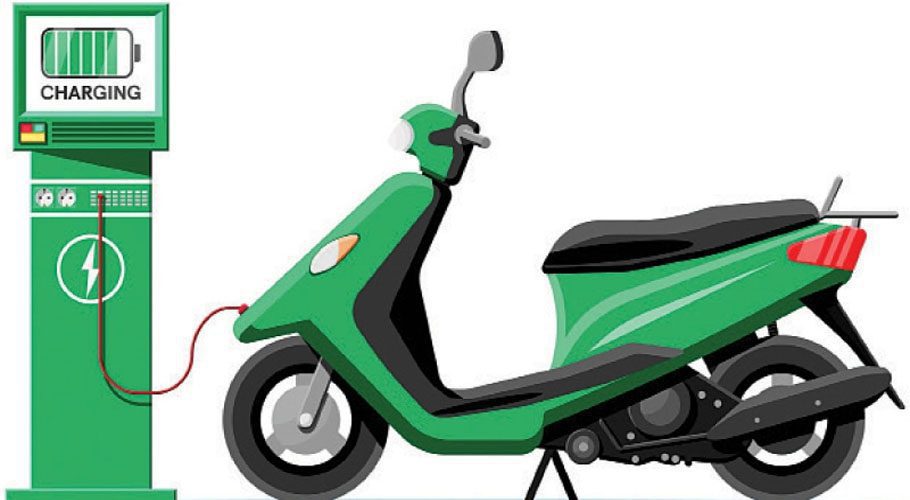![]() Follow Us on Google News
Follow Us on Google News
The country’s economists are of the opinion that if the economic growth journey that started in the 1960s had continued, by now Pakistan might have gained its prominent place among the developed countries. Amid this period, economic assets began to grow rapidly.
The industries and the factories, developed by the state, were later handed over to businessmen by private means. With the encouragement of businessmen, people were also getting jobs in private companies. On the contrary, the manner in which this industrial model was scattered in Bhutto’s time had become part of history.
Former Prime Minister Zulfiqar Ali Bhutto nationalized this private industrial revolution and handed over these industries to his incompetent and inexperienced people and bureaucrats, which gradually reduced the efficiency of factories and industries to zero.
This was the reason why the 1977 labourer and farmer who was once a fan of Bhutto became disillusioned with him. Pakistan’s economy is still suffering due to the failed economic policies of Bhutto.
In 1972, when Bhutto implemented his manifesto, he took over banks, including industrial and educational institutions. At the same time, he took over other lucrative businesses and started the process of political recruitment. And these gold-mining factories and industries came under the control of only those who remained in the ministries.
By raising slogans against the capitalist system, Bhutto’s action has strengthened only a few families to this day and the rest of the people in the country became restless. The journey of wealth revolved around the people in power, and their relatives who are enjoying to date.
After Bhutto, another major enemy of the country’s economy is former Prime Minister Mian Nawaz Sharif, who generously poured the country’s treasury on his relatives and partners. The Sharif family topped the list of parachute politicians founded during the time of General Zia-ul-Haq.
The process of de-nationalization started in the 90s but the domestic industry could not stand on its own feet. After the economic catastrophe under Bhutto, Nawaz Sharif took over his responsibility and mission in his own way.
Nawaz Sharif showed his performance in the country’s economy in such a way that the market for corruption in the country became hot, licenses, the permission of secretaries, contracting system and the practice of bribery began to take place. The process of filling up the foreign accounts of major political leaders began during this period.
That is why despite the advent of private industries, Pakistan has not developed as much as it did in the 60s. The private sector is a major source of employment for the people.


















